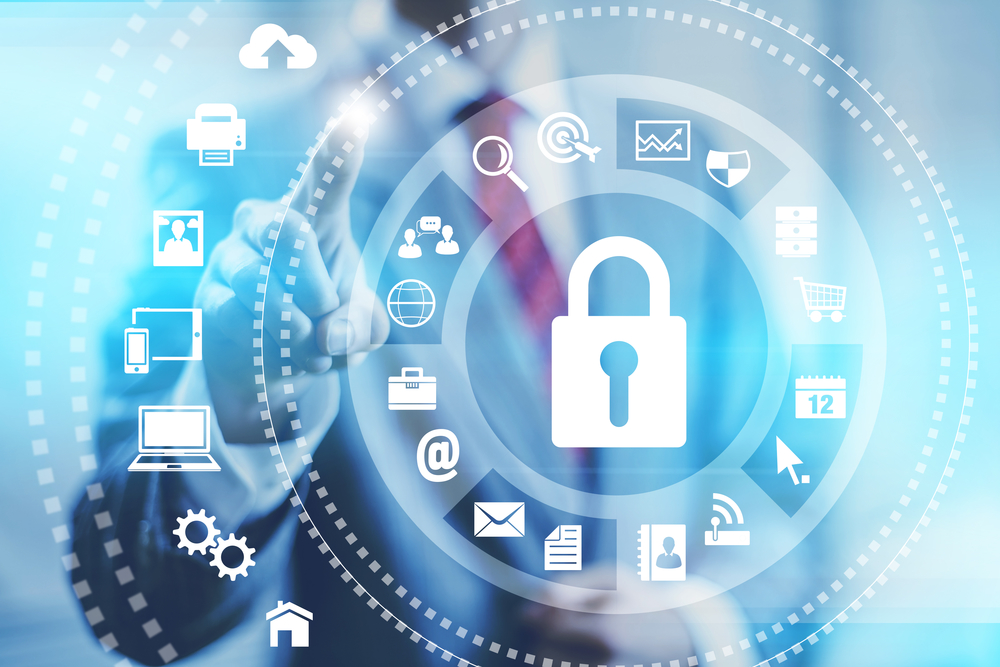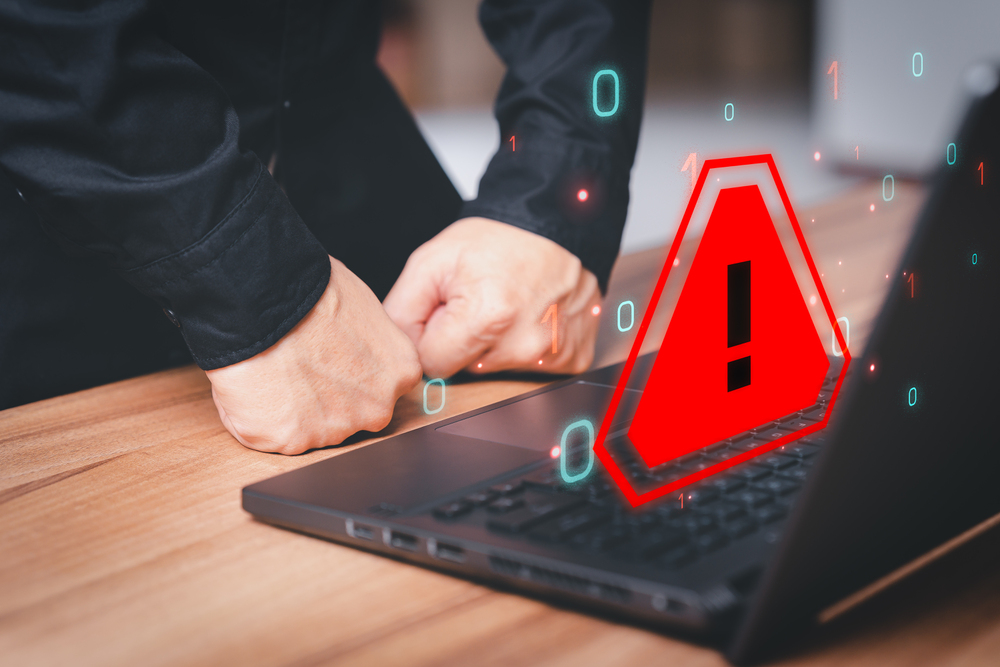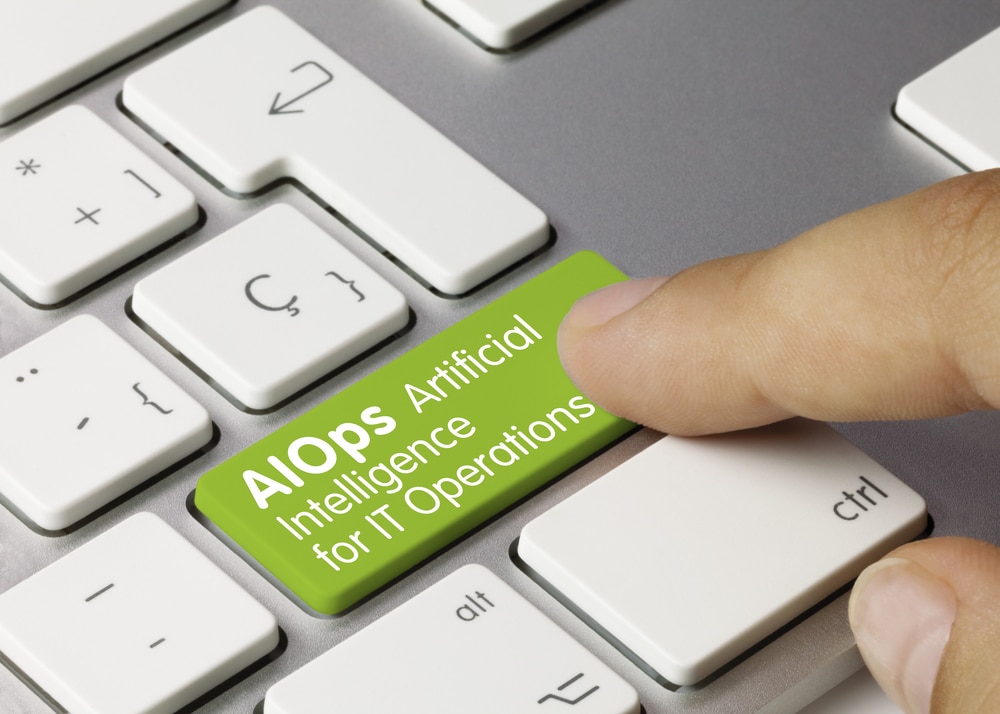
How do you know if you’re dealing with a human or a bot? [Q&A]
If you’ve seen ‘Blade Runner’ you’ll know how difficult it can be to determine if someone is human or not. While that was fiction it’s worth remembering that it was set in 2019.
In 2025 and in the real world it’s becoming increasingly difficult to tell humans from bots in the online world. AI-powered bots, nearly indistinguishable from humans, are multiplying rapidly. This presents a growing nightmare for headhunters, security officers and more. We spoke to Terence Kwok, founder and CEO of blockchain identity platform Humanity Protocol, about the challenge of verifying humanity online.

Maximizing value from Microsoft 365 [Q&A]
Many organizations have now adopted Microsoft 365 as a central part of their office service provision. But are they getting the most out of the software that they’re paying for?
We spoke to Vadim Vladimirskiy, CEO of Nerdio, about how businesses can use more than just the big services and why it’s important to understand sizing and bolt-ons in order to extract maximum value from their M365 investment.

The challenge of moving AI from prototype to production [Q&A]
More organizations are turning to AI to assist in their digital transformation efforts, but many projects get stuck in the pilot phase.
That’s not necessarily a sign of failure though. Rather, it reflects that AI is still in its formative stage, with its most transformative impact still ahead. We spoke to Nadav Eiron, SVP of cloud engineering at Crusoe to learn more about how AI can transition from experimentation to integration, and from potential to permanence.

How AI is transforming customer service interactions [Q&A]
If you’ve contacted a company recently it’s more than likely that you have encountered some form of AI either online or over the phone.
We spoke to Priya Vijayarajendran, CEO of ASAAP to find out how AI is transforming real-time customer service interactions in the contact center, and what it means for the evolving relationship between humans and machines.

How the SOC is evolving to meet new threats [Q&A]
As cybersecurity threats grow more sophisticated and relentless, the role of the Security Operations Center (SOC) has never been more critical.
In response organizations are re-imagining their SOCs to address the dual challenges of an evolving threat landscape and a shifting workforce dynamic. We spoke to Scott Scheppers, chief experience officer at LevelBlue to find out more about this shift and how SOC teams are pivotal in safeguarding operations, fostering innovation, and mentoring the next generation of cybersecurity talent.

Dealing with the challenge of securing machine identities [Q&A]
Machine identities have proliferated in recent years, but while they offer convenience they also introduce new vulnerabilities.
We spoke to Ev Kontsevoy, Teleport CEO, to learm more about the problem of securing machine IDs and what enterprises can do to address it.

Why browser security is increasingly essential for the enterprise [Q&A]
As enterprises embrace hybrid work, SaaS applications, and AI tools at unprecedented scale, one critical access point is being increasingly targeted by attackers: the browser.
To better understand the risks and what can be done to secure the browser, we spoke with Alon Levin, vice president of product management at Seraphic Security, and an expert in enterprise browser security.

Why effective exposure management is key to cybersecurity [Q&A]
Thanks to the rise of hybrid working and SaaS the traditional concept of ‘attack surface’ -- limited to hardware, software, and network infrastructure -- is dangerously outdated and no longer sufficient to ensure cybersecurity.
We spoke to Mike Riemer, senior vice president Network Security Group and field CISO at Ivanti, to find out how organizations need to adapt to keep their systems secure.

Why the future of AI isn’t about better models -- it’s about better governance [Q&A]
The rise of generative and agentic AI is transforming how data is accessed and used, not just by humans but by non-human AI agents acting on their behalf. This shift is driving an unprecedented surge in data access demands, creating a governance challenge at a scale that traditional methods can’t handle.
If organizations can’t match the surge in access requests, innovation will stall, compliance risks will spike, and organizations will reach a breaking point. Joe Regensburger, VP of research at Immuta, argues that the solution isn’t more powerful AI models; it’s better governance. We talked to him to learn more.

The rise of vishing and why enterprises need to be ready [Q&A]
Vishing (voice phishing) attacks have surged by over 1,600 percent so far this year, partly driven by a rise in AI-driven deepfake voice scams.
This is yet another way cybercriminals are seeking to impersonate those with access to company systems to disrupt organizations and hold data for ransom. We spoke to Anthony Cusimano, solutions director at Object First, to discover more about this trend and how businesses are at risk.

Why an adaptive learning model is the way forward in AIOps [Q&A]
Modern IT environments are massively distributed, cloud-native, and constantly shifting. But traditional monitoring and AIOps tools rely heavily on fixed rules or siloed models -- they can flag anomalies or correlate alerts, but they don’t understand why something is happening or what to do next.
We spoke to Casey Kindiger, founder and CEO of Grokstream, to discuss new solutions that blend predictive, causal, and generative AI to offer innovative self-healing capabilities to enterprises.

Neural networks and their effect on test and measurement [Q&A]
Historically test and measurement has been simply about collecting data and exporting it for later analysis. Now though neural networks make it possible to carry out the analysis in real time.
We spoke to Daniel Shaddock, CEO of Liquid Instruments, to find out more about what this means for businesses.

Why real-time visibility is key to runtime security [Q&A]
Cloud threats are evolving faster than most security teams can respond, and traditional security tools are struggling to keep pace. According to IBM’s 2024 Cost of a Data Breach Report it now takes an average of 258 days to detect and contain a breach -- giving attackers more than enough time to access sensitive data and move laterally through cloud infrastructure undetected.
We spoke to CEO of Upwind, Amiram Schacha, to learn why organizations need real-time visibility and protection at the runtime layer -- where threats actually occur -- in order to close this growing security gap.

Navigating the hidden dangers in agentic AI systems [Q&A]
According to Gartner 33 percent of enterprise applications are expected to incorporate agentic AI by 2028, but are their security teams equipped with the latest training and technology to protect this new attack surface?
We spoke with Ante Gojsalić, CTO and co-founder at SplxAI to uncover the hidden dangers in agentic AI systems and what enterprises can do to stay ahead of the malicious looking to exploit them.

Data silos -- why they’re flawed and what to do about it [Q&A]
Every application, database, filesystem and SaaS service inevitably creates another data silo. From Hadoop-based data lakes to modern data warehouses and lakehouses, enterprises have invested millions in the promise of a single source of truth. But these grand visions invariably fall short.
We talked to Saket Saurabh, CEO and co-founder of Nexla, to discuss a more practical approach that embraces the existence of data silos while ensuring seamless access and usability.
